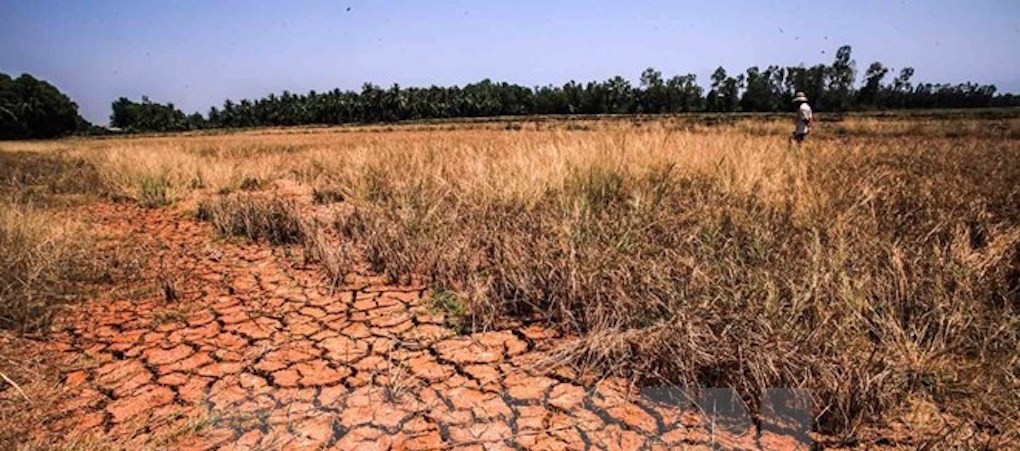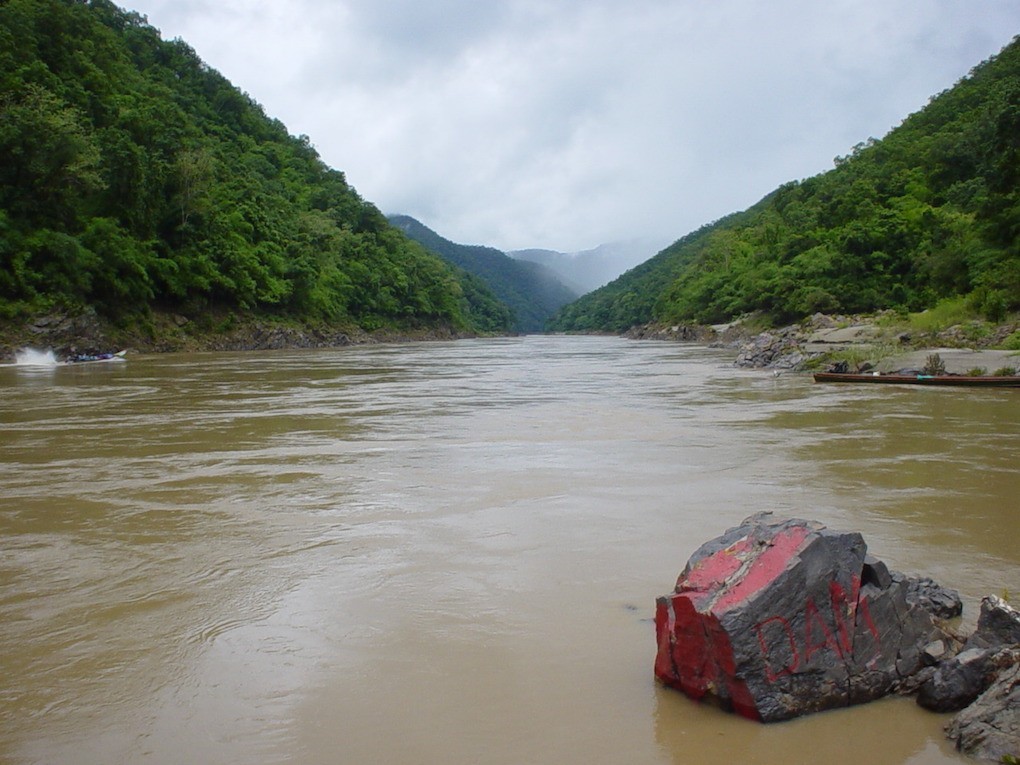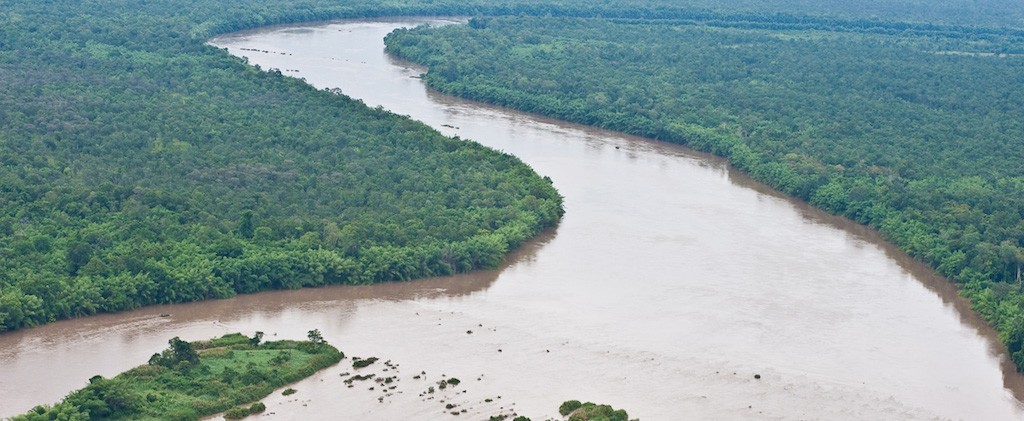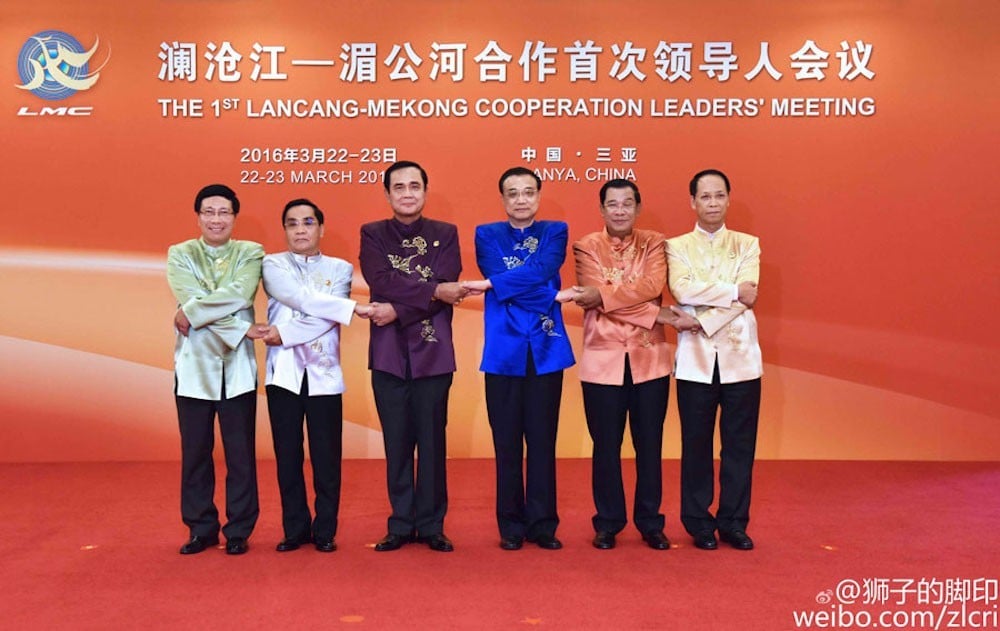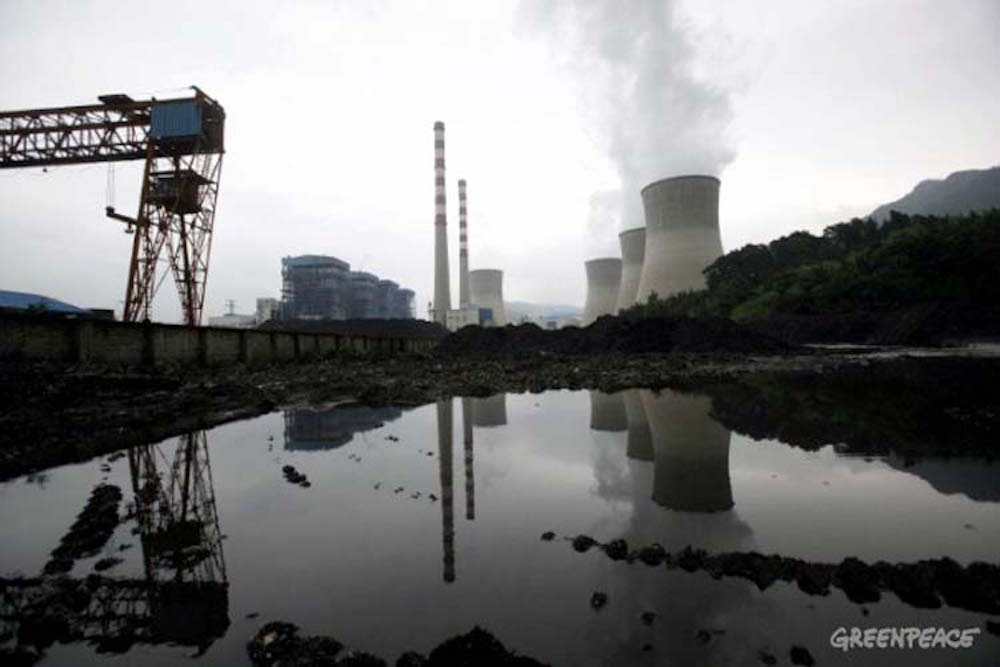China will release more water from a dam in its southwestern province of Yunnan to help alleviate a drought in parts of Southeast Asia, China’s Foreign Ministry said on Tuesday, following an initial release begun last month.
Category: China
Will China save its last undammed river?
In a remote corner of southwestern China, close to the Myanmar border, the towering Nu River gorge narrows to a frothy boil of rushing water, its powerful flow creating swirling eddies.
Thrown across the river from one rock face to the other hangs a flimsy suspension bridge. “No entrance” reads a sign on its locked and rusting gate. “For construction only.”
The abandoned bridge is the sole hint here of a lengthy environmental battle that may be nearing its end. For more than a decade, activists have fought a state-owned hydropower company’s plans to build giant dams on the Nu, the last natural river in China. Now, dam opponents say they scent victory.
Doubts raised over Chinese oil refinery plan
A Chinese-led US$3 billion plan to build Myanmar’s largest oil refinery near the southern city of Dawei has raised questions about China’s strategic intentions in launching apparently commercially unviable projects, while local groups have already signalled their opposition.
Sino–Japanese competition heats up over Myanmar’s SEZs
China and Japan are eager to be involved in massive special economic zone (SEZ) projects in Myanmar, amid rising economic competition in the Greater Mekong Subregion (GMS). Since 2011, Myanmar has rapidly improved its diplomatic relations with the West and Japan in order to broaden its economic relations and mitigate its excessive dependence on China.
China’s Sudden Dam Water Releases Killing Wildlife in Lower Mekong River Basin
It’s not just humans but also animals downstream who are affected every time water is released from Chinese dams into the Mekong River.
“The survival rate of baby birds has dropped to less than 60% over the past three years, as their nests lie on the riverfront and the water level of the Mekong is so unpredictable,” lamented the administrator of a Facebook page devoted to bird lovers.
China seeks ‘new chapter’ in first visit with Myanmar’s Suu Kyi
China and Myanmar pledged to open a “new chapter” in their sometimes strained relationship, raising the prospect that stalled Chinese investment projects in the Southeastern Asian country could be allowed to resume.
Aung San Suu Kyi, head of Myanmar’s ruling National League for Democracy and newly installed foreign minister, and her Chinese counterpart, Wang Yi, said the two had “reached consensus” to approach existing problems through negotiations. Wang’s trip — the first high-level diplomatic visit since Suu Kyi’s party filled top government offices last week — signaled China’s interest in firming up ties tested by the previous military-backed government’s halt of projects such as the $3.6 billion Myitsone dam.
China firm wins Myanmar approval for $3 bln refinery
Chinese state-controlled commodity trader Guangdong Zhenrong Energy Co has won approval from the Myanmar government to build a long-planned $3 billion refinery in the Southeast Asian nation in partnership with local parties including the energy ministry, company executives said on Tuesday.
The project, which also includes an oil terminal, storage and distribution facilities, would be one of the largest foreign investments in decades in Myanmar. Myanmar currently imports most of its fuel.
The Myanmar Investment Committee granted the Chinese firm approval to build a 100,000 barrels-per-day (bpd) refinery in the southeast coastal city of Dawei, Li Hui, a vice president of Guangdong Zhenrong and head of the company’s refining business, told Reuters.
China’s its own worst enemy in regional relations
China’s pattern of regional conduct has come increasingly into focus in recent times. Its behaviour is much less about maintaining the ‘status quo’, and much more about revising the established dynamics and contours in the region to its preferences. This revisionism is likely to become the primary source of tensions and potential conflict in Southeast Asia.
A view of the dam at the Jinghong Hydropower Station on the Lancang River, the Chinese section of the Mekong River, in Jinghong city, Yunnan province, 20 May 2013. (Photo: AAP).
Nowhere are China’s revisionist aims more evident than in the South China Sea and the upper reaches of the Mekong River, which straddles southern China, Myanmar, Thailand, Laos, Cambodia and Vietnam.
Five Features of Lancang-Mekong River Cooperation
A new word-Lancang-Mekong River cooperation was added into the Chinese diplomatic dictionary last year. This morning, the Foreign Ministry website released the information that the first leaders’ meeting on Lancang-Mekong River cooperation will be held in Sanya, Hainan Province. Compared with many serious diplomatic words, “Lancang-Mekong” is down-to-earth from the beginning and brings to mind a popular food “blueberry”.. What is Lancang-Mekong River cooperation? What does it do? Who is it intended for? How does it benefit people’s lives? Now, let us get close to and understand Lancang-Mekong cooperation and thus taste this “blueberry”.
1.What is Lancang-Mekong River cooperation?
2.What has the Lancang-Mekong River cooperation done?
3. What is the aim of the Lancang-Mekong River cooperation?
4. What will Lancang-Mekong River cooperation do?
5. What will the future of Lancang-Mekong River cooperation look like?
China Puts the Brakes on New Coal Plants
Chinese media reported today that the country’s National Energy Administration (NEA) has ordered 13 provincial governments to suspend approvals of new coal-fired power plant projects until the end of 2017.
Another group of 15 provinces has been ordered to delay new construction of projects that have already been approved. According to Greenpeace East Asia’s initial assessment of the implications of the rules, up to 250 coal-fired power plant units with a total of 170 gigawatts of capacity could be affected if the rules are fully implemented.
At least 570 coal-fired units with 300 gigawatts of capacity could still come online, despite dramatic overcapacity of coal in China.


